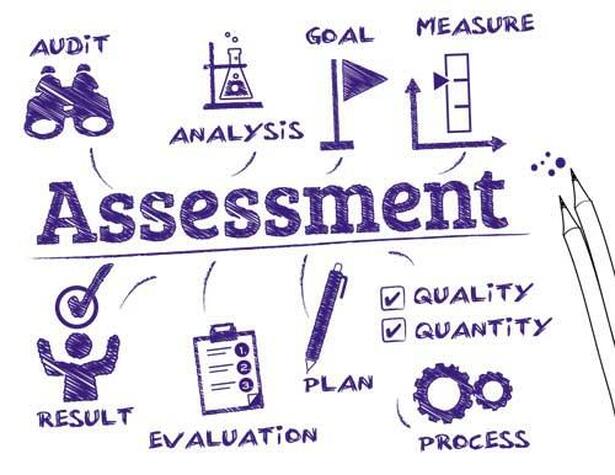In addition to helping us know our roles, religion is supposed to help us tune in to a more complex cosmos, make sense of things that would otherwise be difficult to understand, and become aware of things that perhaps, without religion, we’d remain ignorant of.
In short, I’ve invested a lot of my life, time, talents, treasure, and spirit in the multifaceted strength of religion… because when done in healthy ways, religion is helpful.
However, religions without firm boundaries or virtue expectations, like most expressions of American-neopaganism, are the plots of fertile ground wherein self-delusion is grown.
Feel-good techniques (as opposed to BE-good techniques), fallacious affirmations in the face of shortcomings, overblown opinions of our own talents, blaming failures on spirits or ancestors or divine beings… all of the above do not allow for an accurate self-assessment.
Above all, it is necessary for a person to have a true self-estimate, for we commonly think we can do more than we really can.”
(Seneca, On Tranquility of Mind, 5.2)
Psychologically speaking, self-assessment is the process of examining oneself in order to assess personality-elements that are crucial to one's identity. It’s one of the motives that drives us toward self-verification and self-enhancement.
We train our minds and spirits that our accurate self-assessment skills can courageously process our uncertainties instead over-committing on further solidifying our certainties. The self-assessment process is, by far, more interested in the accuracy of our current self-view, and not on improving our current self-view.
The practice of accurate self-assessment is NOT about bolstering one’s self-esteem.
It’s about a clean, clear awareness of where we are internally and externally. It’s about finding the “You Are Here” sticker on the mall directory… and not value-judging your placement in the mall.
(See y’all tomorrow)


 RSS Feed
RSS Feed
